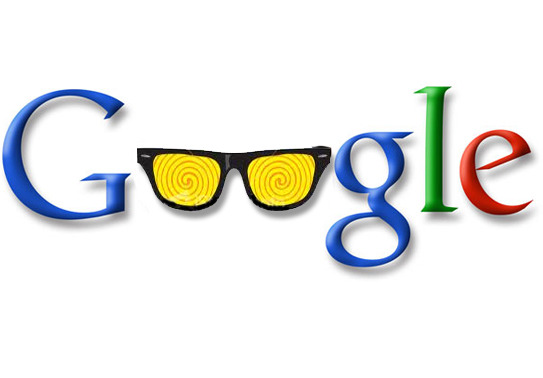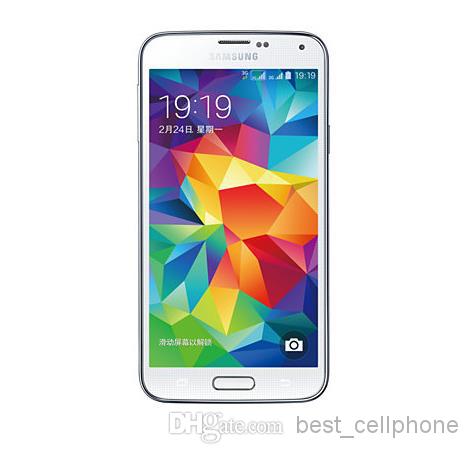As with all first editions, IT products are going to be reviewed into the ground. Wouldn’t you like the basic facts every now and then instead of a long-winded diatribe of why Google Glass will or will not be the cell phone, camera, video and CPU of the future?

Here you go. You’re welcome.
What Exactly is a Google Glass?
Simply put, it is a visor-like, miniature, mobile computer that you wear like regular glasses. According to cnet.com, it’s structural characteristics/features include:
- Durable and flexible titanium frames.
- Built-in camera (5 MP) and video camera (720p).
- Advanced voice recognition technology.
- A 16GB CPU.
- Bluetooth radio.
- A rechargeable battery.
- Bluetooth tethering and Wi-Fi Internet connectivity.
- Right eye placement/controlled transparent screen.
- A touch-pad for scrolling and on/off functions.
- This device combines features in smart phones, laptops, tablets, and GPS devices.
What Can You Do?
When Google Glass goes on sale, you will be able to:
- Take photos of and video record things you might otherwise miss.
- Receive/respond to email (with Gmail, Google+ and other limitations).
- Get news updates.
- Google or surf the Internet.
- Get specific, visual directions.
- Connect with Android devices/tools with limited iPhone connectivity.
- Receive/respond to text messages and incoming calls.
- Use voice commands and communication.
- Get foreign language translations.
- Communicate/multitask despite being busy.
What You Can’t Do
Although this may change in the future, don’t expect the device to:
- React to or process anything you see.
- Send photos to other devices or to anyone not on Google+.
- Work continuously for more 3.5 hours.
Cnet goes on to report that this device is not meant, for now, to be worn over prescription glasses or sunglasses, although it does come with clip-on sunglasses. It won’t allow for text-messaging and GPS directions if using an iPhone connection. And it won’t function using LTE or 4G on androids without Bluetooth tethering. One more thing — it won’t allow a connection to a wireless network requiring webpage passwords.
Pros & Cons
Although technological enthusiasts will buy them anyway, a lot of people will make a decision based on advantages/disadvantages. Here’s how these break down, according to cnet.
Pros
- It will allow you to multi-task, stay connected and communicate even while busy, moving around or unable to reach for a smart device.
- It may open up many new avenues of video recording: the ability to capture moments (baby’s first words or first steps, etc.) otherwise lost forever; letting people capture/record illegal acts; make it easier for reporters/journalists to conduct impromptu interviews and spur-of-the-moment investigations.
- It may enhance and expand movie and TV program viewing options/packages — perhaps leading to a partnership between install-direct-tv and Google?
- They can be used with prescription lenses once Google works out partnership with eyewear makers.
- They may increase employee productivity and improve hands-free safety initiatives.
- The visor does not interfere with line of vision.
- The device is easy to turn on/off — tap the touch-bar or tilt head back.
- Google Glass appears to be very durable and abuse resistant.
- Glass can be used for photos/video recording without Internet connection.
- Notifications do not pop up if Glass is off.
- Glass is lightweight.
Cons
- Battery runs down quickly.
- The one-size-fits-all design may be uncomfortable for some people.
- Not feasible for prescription eyewear users — unless they get contact lenses.
- Limited to video/photo sending only to Google+ users.
- User may run into serious privacy issues/restraints
- Lack of availability overseas.
While there are some hurdles to overcome, Google Glass will most probably be a huge success. If price, available apps, privacy concerns and objections, and user comfort issues can be worked out, Google Glass may sell and become as popular as smart phones when they were first introduced. Or, in five years it may simply be a laughable memory.















